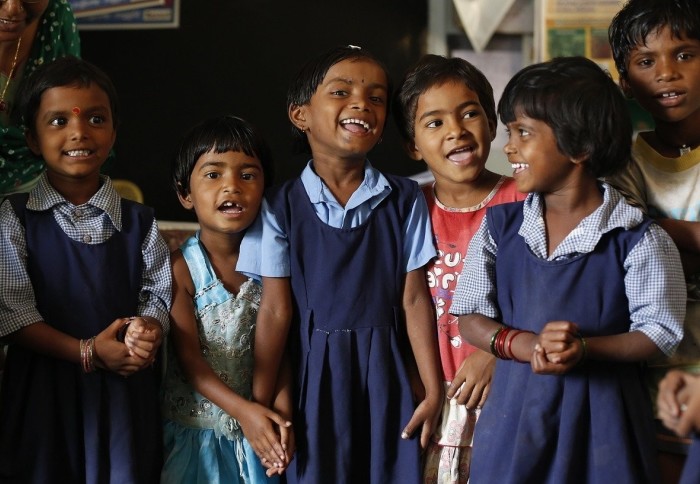Improving child health and development through tobacco control
by Jack Stewart

A new thematic brief sets out the role of tobacco control in child health.
Imperial College London and Erasmus MC researchers were invited by the World Health Organisation to set out the importance of tobacco control to improve child health development in a new Thematic Brief developed for the WHO’s Nurturing Care Framework.
Second-hand smoke kills around 1.2 million people every year with 65,000 of these being premature or preventable deaths of children under 15. Tobacco smoke includes carcinogenic and toxic substances that have been linked to multiple serious conditions and can lead to an increase in stillbirths and infant deaths, as well as in morbidity among children.
The impact of smoking goes beyond the obvious health implications. Families with smokers are much more likely to experience house fires and related injuries. The cost of smoking to families contributes to hunger and food insecurity for children and adults in both highly industrialised and lower-economic nations.
Control measures
The brief sets out a clear package of measures to reduce tobacco use and second-hand smoke exposure to improve child health. The aim is to inform practitioners and policy-makers about the importance of strong control measures.
Legislation to make public places smoke-free has shown important reductions in preterm birth, asthma hospitalisations and hospital visits for severe respiratory tract infections.
Preventing uptake of smoking through tax increases, advertising bans, helping smokers quit and ensuring smoke-free environments can help provide children a safer environment to grow up in and give them the best possible start in life.
The brief was written by Dr Filippos Filippidis, Dr Anthony Laverty and Professor Christopher Millett of the Public Health Policy Evaluation Unit with Dr Jasper Been from the Erasmus MC Sophia Children’s Hospital in Rotterdam, Netherlands.
Dr Filippos Filippidis, said: “When we discuss about the consequences of smoking, people often think of long-term smokers. However, the effects of tobacco on children are profound, especially when mothers and young children are exposed to second-hand smoking. Our thematic brief brings child health to the forefront of tobacco control and highlights the substantial benefits of effective tobacco control policies on children”.
Article text (excluding photos or graphics) © Imperial College London.
Photos and graphics subject to third party copyright used with permission or © Imperial College London.
Reporter
Jack Stewart
School of Public Health